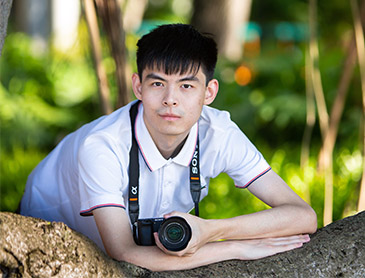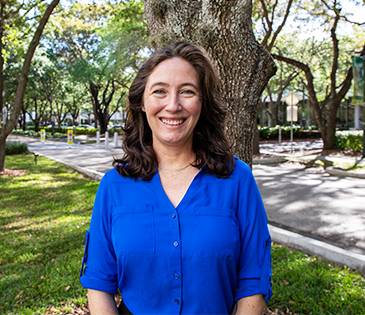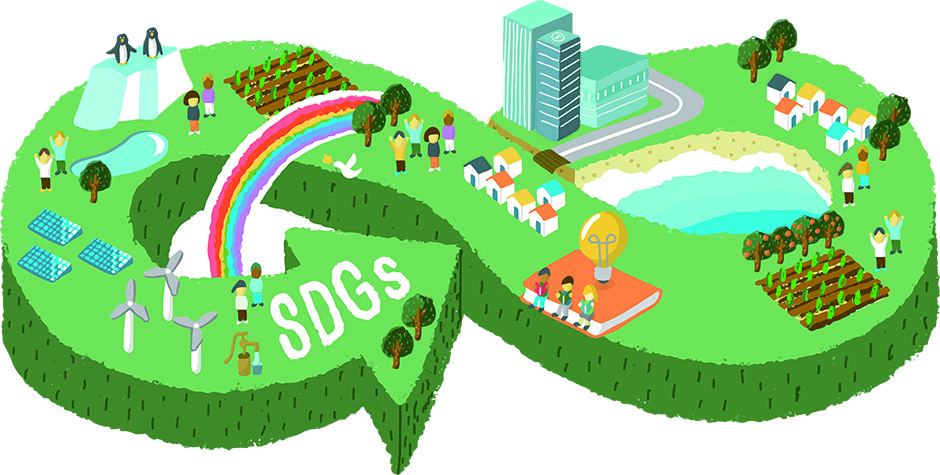Marin Yang, B.S. ’22, is using filmmaking to promote sustainable thinking around the world. Last fall he directed a 30-minute documentary, Tidal Variance, which was screened at the University of Miami’s Cosford Cinema and considered for the Miami Film Festival this spring.
 “Film is a great way to promote sustainability, because it can build an emotional connection with your audience,” says Yang, a graduate of the Ecosystem Science and Policy (ECS) program of the College of Arts & Sciences.
“Film is a great way to promote sustainability, because it can build an emotional connection with your audience,” says Yang, a graduate of the Ecosystem Science and Policy (ECS) program of the College of Arts & Sciences.
Housed in the Leonard and Jayne Abbess Center for Ecosystem Science and Policy, “Our ECS program provides undergraduates with a broad background in environmental issues from a variety of perspectives,” says Dean Leonidas Bachas. “Through an interdisciplinary approach that focuses on both science and policy, we prepare students for high-impact careers in a wide range of sustainability fields.”
Since the program’s launch in 2007, interest in ECS careers has grown steadily, which has likewise expanded to meet increased demand.
“In today's world, almost every industry has to consider environmental implications and impacts,” Julia Wester says, a lecturer and associate director of the ECS program. “One important reason for the popularity of our program is our interdisciplinary approach, which we can customize for individual students to accommodate their passions, skill sets, and career goals.”
Aligned with the spirit of the UN Sustainable Development Goals, which include climate action, eradicating poverty and hunger, clean water and sanitation, and sustainable cities and communities, the ECS program emphasizes the integration of science and policy approaches to real-world environmental issues.

“Our courses offer many learning experiences outside the classroom, including field studies and an internship program,” Wester says. “We want our student to explore the many linkages between the natural world and human societies.”
Last fall, Theresa Pinto joined the ECS program as a lecturer, bringing her experience as a scientist and attorney active in environmental issues.
“Since I left graduate school more than 20 years ago, I have sought to have an impact on issues like climate change, sea-level rise, and pollution,” Pinto says. “It is a pleasure to contribute to this interdisciplinary program, which helps our students understand how to apply research findings and scientific knowledge to global problems.”
Another new member is lecturer Karlisa Callwood, whose varied experience in the marine sciences includes her current directorship of community conservation action programs for the nonprofit Perry Institute for Marine Science.
“To have a real-world impact, research findings need to be communicated to general audiences, so it’s vital to develop wide-ranging skills,” she says. “We also need to connect with people affected by environmental issues, including residents in marginalized local communities. Our ECS students understand why outreach is so important in building sustainability initiatives.”
Reflecting on the lasting impact of the ECS program, Wester says, “Our students are deeply engaged with sustainability issues on every level. They give me hope for the future of our planet.”

